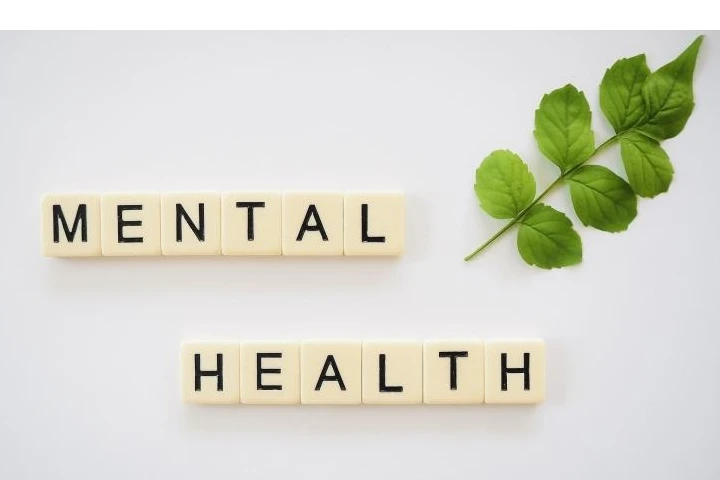

Mental health issues post Covid 19 on the rise
<p>
<strong>Cases of depression and acute psychiatric disorder are on the rise in several African countries. A recent report by <a href="https://allafrica.com/stories/202112020210.html">All Africa</a> revealed that in recent weeks, health authorities in the Western Cape have raised concern over an increase in acute psychiatric admissions in the province&#39;s hospitals. This has ramped up the pressure on the province&#39;s mental health services and limited hospital bed capacity – capacity set to be further strained by an uptick of COVID-19 cases at the end of November that is expected to continue in December,&rdquo; it said.</strong></p>
<p>
What is worrying is that the rise in depression is leading to thinning productivity which in turn would impact socio-economic dynamics.</p>
<p>
Currently, an estimated 100 million people in Africa suffer from clinical depression, including 66 million women, the World Economic Forum said.</p>
<p>
It also said that though demand for mental health services is increasing in Africa most African governments devote less than 1 per cent of their budgets to mental health services.</p>
<p>
<strong>Also read: <a href="https://www.indianarrative.com/latest-news/one-third-of-finnish-students-suffer-from-anxiety-depression-symptoms-134948.html">One-third of Finnish students suffer from anxiety, depression symptoms</a></strong></p>
<p>
The Covid 19 pandemic has disrupted critical mental health services in 93 per cent of countries in the continent while at the same time the demand for mental health programmes is increasing. Over 60 per cent of the 130 countries surveyed reported disruptions to mental health services for vulnerable people, including children and adolescents, older adults and women, the report said.</p>
<p>
Poverty, outbreak of the pandemic and terror threats are some of the reasons for this increase in the number of cases.</p>
<p>
&ldquo;Mental health has become a serious cause for concern the world over..the pandemic and its impact on the socio-economic order led to many developing mental health issues, a large number of them are serious. In Africa it is even more complicated as there is a dearth of proper mental health facilities and many cannot afford,&rdquo; a senior therapist based in Delhi told India Narrative.&nbsp;</p>
<p>
According to Lancet Global Health, mental health problems appear to be increasing in importance in Africa. Between 2000 and 2015 the continent&#39;s population grew by 49 per cent, yet the number of years lost to disability as a result of mental and substance use disorders increased by 52 per cent.</p>
<p>
<strong>Also read: <a href="https://www.indianarrative.com/latest-news/addressing-challenges-of-urban-living-and-loneliness-135051.html">Addressing challenges of urban living and loneliness</a></strong></p>
<p>
The continent has 1&middot;4 mental health workers per 100&#8200;000 people, compared with a global average of 9&middot;0 per 100&#8200;000. The number of psychiatrists, hospital beds for patients with mental illness, and the coverage of outpatient facilities are also abysmally low. &ldquo;Partly as a consequence, the proportion of Africans who receive treatment for mental health problems is extremely low,&rdquo; the study said.</p>
Brazilian President Luiz Inacio Lula da Silva on Wednesday (local time) issued a firm response…
An earthquake of magnitude 4.4 struck Jhajjhar district in Haryana on Thursday morning, according to…
Prime Minister Narendra Modi on Wednesday received a standing ovation and non-stop applause from lawmakers…
Hailing the relations between India and Africa, Prime Minister Narendra Modi stated that the ties…
At a time when Operation Sindoor against Pakistan is still ongoing, India is looking to…
India and Namibia exchanged MoUs in the presence of Prime Minister Narendra Modi and the…